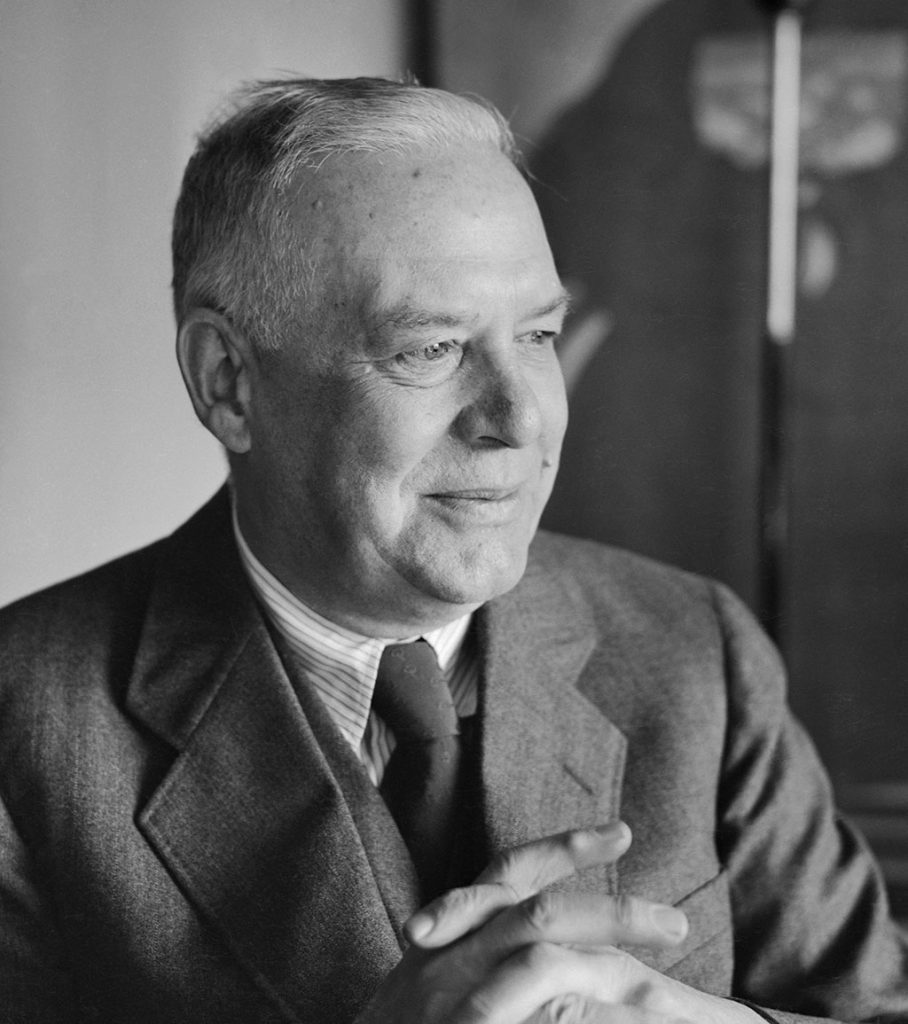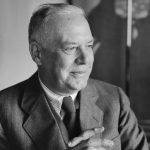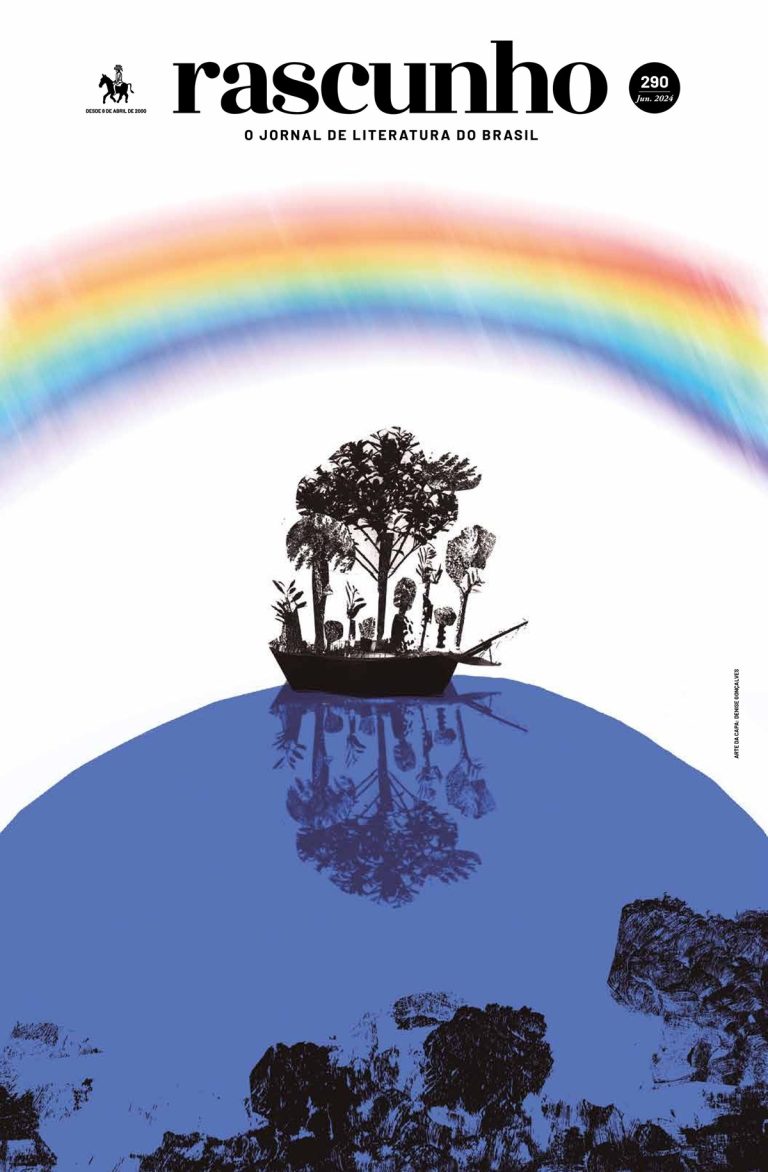Tradução e seleção: André Caramuru Aubert
In the Carolinas
The lilacs wither in the Carolinas.
Already the butterflies flutter above the cabins.
Already the new-born children interpret love
In the voices of mothers.
Timeless mother,
How is it that your aspic nipples
For once vent honey?
The pin-tree sweetens my body.
The white iris beautifies me.
Nas Carolinas
Lilases murcham nas Carolinas.
Borboletas já batem asas sobre os chalés.
Crianças recém-nascidas já interpretam o amor
Nas vozes das suas mães.
Mãe atemporal,
Como é que seus mamilos de alfazema
Desta vez suspiram mel?
Os pinheirais fazem doce o meu corpo.
As brancas íris me fazem belo.
…
Idiom of the hero
I hear two workers say, “This chaos
Will soon be ended”.
This chaos will not be ended,
The red and the blue house blended,
Not ended, never and never ended,
The weak man mended,
The man that is poor at night
Attended
Like the man that is rich and right.
The great men will not be blended…
I am the poorest of all.
I know that I cannot be mended,
Out of the clouds, pomp in the air,
By which at least I am befriended.
O idioma do herói
Ouço dois trabalhadores dizendo, “Esse caos
Vai logo estar encerrado”.
Esse caos não será encerrado,
A casa vermelha e a azul, misturadas,
Não encerradas, nunca nunca encerradas,
O homem fraco reparado,
O homem pobre à noite
Amparado
Como o homem que é rico e correto.
Os grandes homens não serão misturados…
Sou o mais pobre de todos.
Sei que não posso ser reparado,
Saindo das nuvens, esplendor no ar,
Pelo que sou pelo menos bem relacionado.
…
A child asleep in its own life
Among the old men that you know,
There is one, unnamed, that broods
On all the rest, in heavy thought.
They are nothing, except in the universe
Of that single mind. He regards them
Outwardly and knows them inwardly,
The sole emperor of what they are,
Distant, yet close enough to wake
The chords above your bed to-night.
Uma criança dorme em sua própria vida
Entre os velhos que você conhece,
Há um, sem nome, que se aninha
Sobre todos os outros, em pensamentos profundos.
Eles nada são, exceto no universo
Daquela mente única. Ele os considera
Por fora e os conhece por dentro,
O único imperador do que eles são,
Distante, mas perto o suficiente para despertar
Os acordes sobre a sua cama esta noite.
…
The river of rivers in Connecticut
There is a great river this side of Stygia,
Before one comes to the first black cataracts
And trees that lack the intelligence of trees.
In that river, far this side of Stygia,
The mere flowing of the water is a gayety,
Flashing and flashing in the sun. On its banks,
No shadow walks. The river is fateful,
Like the last one. But there is no ferryman.
He could not bend against its propelling force.
It is not to be seen beneath the appearances
That tell of it. The steeple at Farmington
Stands glistening and Haddam shines and sways.
It is the third commonness with light and air,
A curriculum, a vigor, a local abstraction…
Call it, once more, a river, an unnamed flowing,
Space-filled, reflecting the seasons, the folk-lore
Of each of the senses; call it, again and again,
The river that flows nowhere, like a sea.
O rio dos rios em Connecticut
Existe um grande rio do lado de cá de Estige,
Antes que se chegue às primeiras cataratas negras
E às árvores que não têm a inteligência das árvores.
Naquele rio, bem deste lado de Estige,
O mero fluir da água é uma alegria,
Reluzindo e reluzindo ao sol. Em suas margens,
Nenhuma sombra caminha. O rio é fatídico,
Como se fosse o último. Mas não há balseiro.
Ele não se curvaria à sua força propulsora.
Não é para que seja visto sob as aparências
Que falam disso. O campanário em Farmington
Fica reluzindo, e Haddam brilha e chacoalha.
A terceira trivialidade com ar e luz,
Um currículo, uma força, uma abstração local…
Chame-o, mais uma vez, de rio, um fluxo sem nome,
Repleto de espaço, refletindo as estações, o folclore
De casa um dos sentidos; chame-o, de novo e de novo,
O rio que corre para lugar algum, como um mar.
…
The poem that took the place of a mountain
There it was, word for word,
The poem that took the place of a mountain.
He breathed its oxygen,
Even when the book lay turned in the dust of his table.
It reminded him how he had needed
A place to go to in his own direction,
How he had recomposed the pines,
Shifted the rocks and picked his way among clouds,
For the outlook that would be right,
Where he would be complete in an unexplained completion:
The exact rock that would be right,
Would discover, at last, the view toward which they had edged,
Where he could lie and, gazing down at the sea,
Recognize his unique and solitary home.
O poema que ficou no lugar da montanha
E assim foi, palavra por palavra,
O poema que ficou no lugar da montanha.
Respirou o oxigênio dela,
Mesmo quando o livro ficou aberto sobre a poeira da mesa.
Aquilo o lembrou do quanto ele precisava
De um lugar para onde ir, por conta própria,
De como ele rearranjou os pinheiros,
Moveu as pedras e abriu caminho entre as nuvens,
Para a perspectiva que seria a correta,
Onde ele se tornaria pleno de um jeito inexplicado:
A exata pedra que seria a correta,
Descobriria, por fim, a vista em direção à qual eles se foram,
Onde ele poderia descansar e, contemplando, lá embaixo, o mar,
Reconhecer seu exclusivo e solitário lar.
…
An old man asleep
The two worlds are asleep, are sleeping, now.
A dumb sense possesses them in a kind of solemnity.
The self and the earth—your thoughts, your feelings,
Your beliefs and disbeliefs, your whole peculiar plot;
The redness of your reddish chestnuts trees,
The river motion, the drowsy motion of the river R.
Um velho dormindo
Os dois mundos dormem, estão dormindo, agora.
Um sentido estúpido os possui com alguma solenidade.
O eu e a terra – seus pensamentos, suas sensações,
Suas crenças e descrenças, sua trama totalmente particular;
A vermelhidão de suas avermelhadas castanheiras,
O movimento do rio, o sonolento movimento do rio R.











